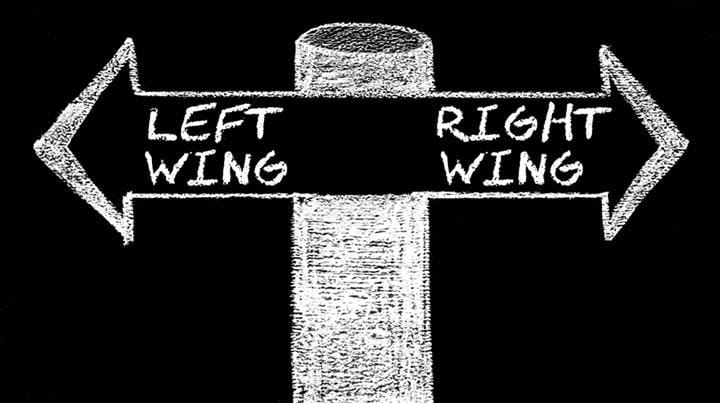 A key idea that contributed to the development of Symbolic Interactionism is the work of the Sociologist Charles Cooley on ‘The Looking Glass
A key idea that contributed to the development of Symbolic Interactionism is the work of the Sociologist Charles Cooley on ‘The Looking Glass Discover More Looking-Glass Self: Theory, Definition & Examples
The term ‘looking glass self’ is the idea that a person’s sense of self grows out of society’s interactions with that person and how other’s perceive them.
Have students draw out an outline of a mirror on their page and ask them to write down words that they think other people would use to describe them. Tell them that they must do this individually and not to share it so that they write as honestly as possible. Then show them this clip above and use both resources to describe the concept of the looking glass self. Further discussions could then move onto other Symbolic Interactionists ideas and theories, such as, the concepts of ‘labelling’ and the ‘self-fulfilling prophecy’.

This topic is therefore useful as it allows students to apply, what can sometimes be quite abstra...

The material provided in the ‘subcultures’ section above has links to social class...

The correspondence principle was proposed by Bowles and Gintis and is the suggestion that educ...

It is important for Sociology students to be aware of contemporary issues in society by reading a...

The DfES, amongst others, have conducted surveys into the attainment of different ethnic groups i...

Like Marxists, Feminists take a conflict view of society here the conflict exists between men ...

Functionalists adopt a consensus view of society, that is, one based on harmony and agreement ...

Sue Sharpe’s classic study ‘Just Like A Girl’ can be used to introduce the n...

Marxists take a conflict view of education and argue that it operates as an ideological tool. ...

For the New Right, the purpose of education is to promote drive, enterprise and initiative in ...

A school subculture can be described as a group of pupils who share similar behaviours and views ...

In this RSA video (Royal Society for the encouragement of Arts, Manufactures and Commerce), Si...

This collection of documents (see link below) presents a sample of the British Library’s archi...